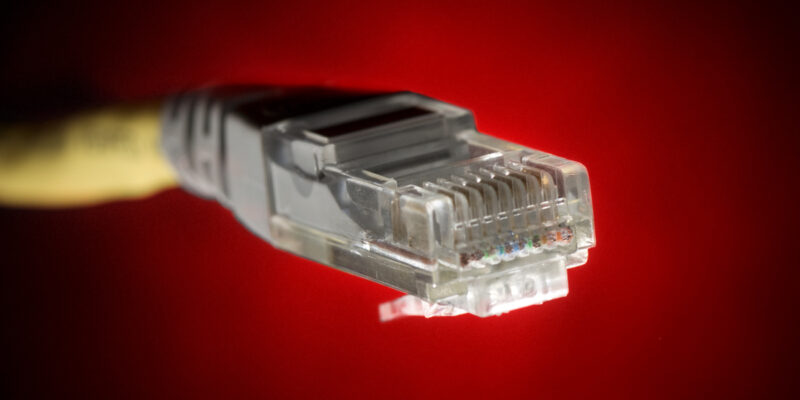Taxpayers will pay more than $150 million to connect 50,000 Mississippi residents to broadband internet, even though such programs are fraught with problems and waste taxpayer money.
The feds sent this money to Mississippi through the American Rescue Plan’s Capital Projects Fund (CPF).
Nationwide, CPF has spent $10 billion to connect low-and-moderate income people to high-speed Internet.
Last month, members of the U.S. Government Accountability Office (GAO) called these federal broadband programs out for wasting taxpayer money.
IN THE NEWS: Tennessee Mayor Vacationed in Liberia Using Taxpayer Money
“Federal broadband efforts are fragmented and overlapping, with more than 133 funding programs administered by 15 agencies,” the GAO said.
“Among these programs, 25 have broadband as their main purpose, and 13 of those programs overlap because they can each be used for the purpose of broadband deployment. Having numerous broadband programs can be helpful to address a multifaceted issue like broadband access, but this fragmentation and overlap can lead to the risk of duplicative support.”
Federal taxpayers must pay for duplicate programs. That means they lose twice as much money as intended.
Between 2009 through 2017 the feds spent nearly $50 billion to build broadband in unserved or underserved areas. In 2020, the Infrastructure Investment and Jobs Act appropriated nearly $65 billion for new and existing broadband programs.
Members of the Washington, D.C.-based nonprofit, the Taxpayers Protection Alliance (TPA) in a 2020 report, GON with the Wind: The Failed Promise of Government Owned Networks Across the Country suggested it was better for the private sector — and not the federal government — to take the lead on deploying broadband.
“Broadband providers have spent more than $1.6 trillion since 1996 to build, upgrade and maintain networks, resulting in a 71% growth in rural broadband,” the TPA said.
Advertisement
“Internet infrastructure is in place to serve 98% of the country, primarily built by telecom companies.”
The TPA report said the government restrains private Internet providers from expanding their services to unserved and underserved areas.
IN THE NEWS: Arcadia in Trouble with Louisiana State Auditor
“Competition can be encouraged by decreasing regulatory impediments on private internet providers, such as by taking quicker action on permits, leveling the playing field for pole attachments and creating more friendly fee schedules for internet installation projects,” GON with the Wind said.
“Regulatory streamlining can help facilitate more rapid deployment of broadband, better service and more competition.”
Billions of taxpayer dollars are at stake. The GAO said last month that the feds must create a national strategy on how best to deploy broadband.
Advertisement
Advertisement

